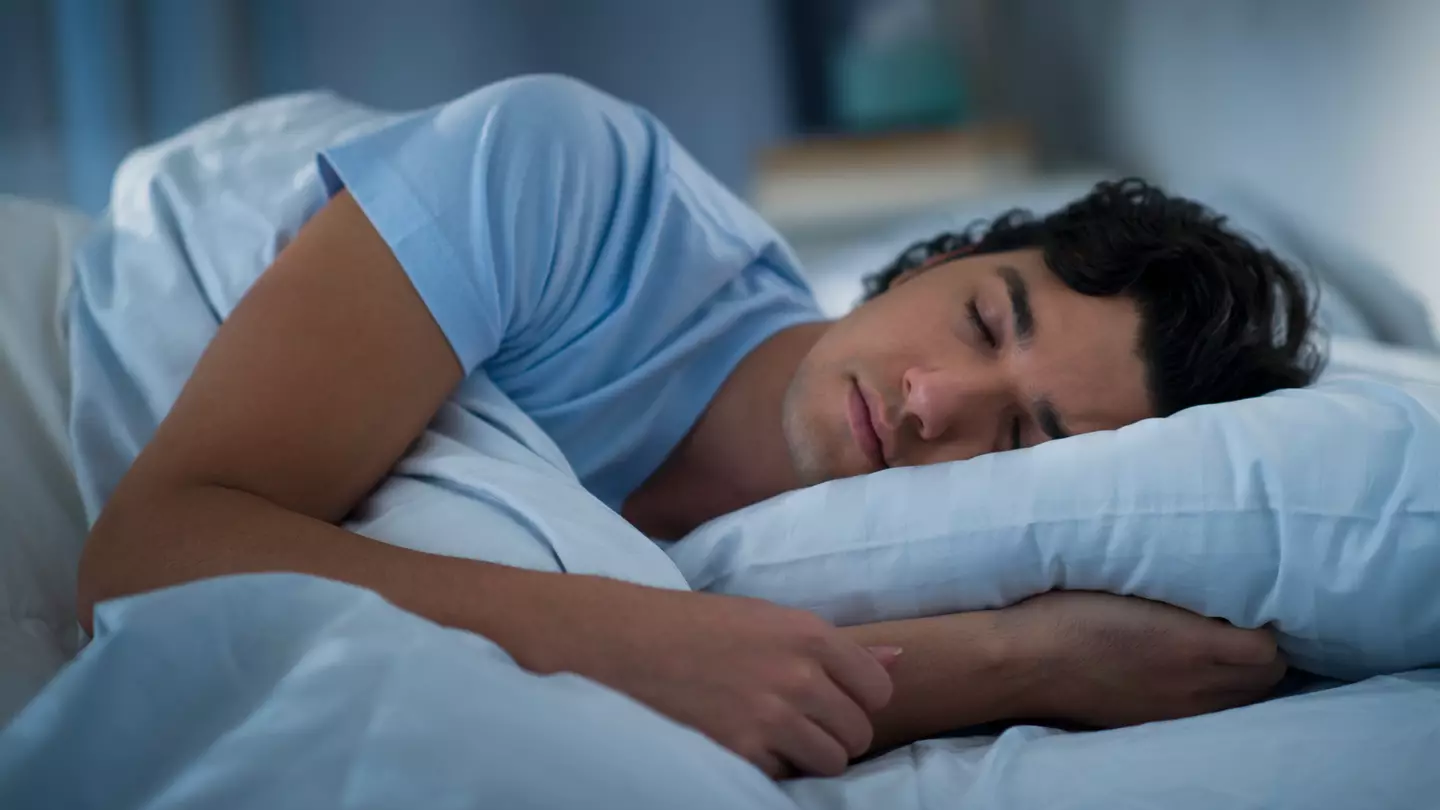
An expert has shared three warning signs which may indicate you have a sleep condition that impacts more than 30 million Americans - with millions people still undiagnosed.
There's nothing worse than getting up in the morning feeling absolutely exhausted, and there could be any number of reasons for it.
Many your neighbor was playing loud music until the early hours, or you made the mistake of having your last coffee a little later than usual. It's possible it was just a one-off, but Martin Seeley, Senior Sleep Expert at MattressNextDay, has revealed that waking up exhausted may be a sign of something more serious.
Sleep apnea is a condition which causes you to stop-and-start breathing while you sleep, and is described by the Mayo Clinic as a 'serious medical condition'.
Advert
According to the American Lung Association, approximately 30 million adults in the US live with sleep apnea, but many don't know it. So, what are the warning signs?

Falling asleep when you shouldn't be
The Mayo Clinic explains that daytime drowsiness and fatigue are symptoms of both obstructive sleep apnea (OSA), when the throat muscles relax and block the flow of air into the lungs, as well as central sleep apnea (CSA), when the brain doesn't send proper signals to the muscles that control breathing.
Seeley explains: “If you find yourself nodding off while watching TV, reading, or even stuck in traffic, it could be a sign of something more."
While falling asleep on the sofa isn't the end of the world, fatigue can cause a danger in other situations as the Mayo Clinic notes that people with sleep apnea have an increased risk of motor vehicle and workplace accidents.
Loud snoring
It's easy to get irritated if your partner keeps you up at night with their snoring, but loud and persistent snoring is actually one of the most common signs of sleep apnea, whether it's OSA or CSA.
As the tissues in your throat relax, they can partially block your airway and cause vibrations.
"The more narrowed your airway, the more forceful the airflow becomes. This increases tissue vibration, which causes your snoring to grow louder," the Mayo Clinic explains.
Seeley has explained that back sleeping can cause your tongue and soft tissues to collapse into your airway, making symptoms worse. To help reduce the likelihood of snoring, Seeley advises: "Try sleeping on your side instead and use a supportive pillow to maintain that position.”

Choking in your sleep
As well as causing snoring, the obstruction in the airway can cause people with sleep apnea to gasp for air during sleep, or even choke.
The lack of air prompts your brain to briefly wake you so that you can reopen your airway, though it's usually so brief that you wouldn't remember it. During this period, you might 'snort, choke or gasp', the Mayo Clinic explains, and this can happen between five to 30 times each hour, if not even more.
"This makes it hard to reach the deep, restful phases of sleep," the site says.
To further alleviate the causes of sleep apnea, Seeley recommends avoiding alcohol in the hours before going to bed as alcohol relaxes the muscles in your throat, increasing the likelihood of airway collapse. He also urged people with the condition to invest in a 'medium firm mattress that supports spinal alignment and reduces pressure points', and to maintain a healthy weight.
“Extra weight, particularly around the neck, can put pressure on your airway and increase the severity of sleep apnea symptoms," Seeley said. "Losing just a small amount of weight can sometimes lead to big improvements in sleep quality.”
When should you see a doctor?
The most important thing, Seeley said, is that you don't ignore any potential warning signs of sleep apnea.
“If you wake up feeling exhausted despite a full night in bed, or your partner notices you snore loudly and stop breathing during the night, seek professional advice," he said. "Sleep apnea isn’t just snoring, it’s a serious health issue that deserves attention.
"The good news is that once diagnosed, sleep apnea is very manageable and many people notice a huge improvement in their energy and quality of life."